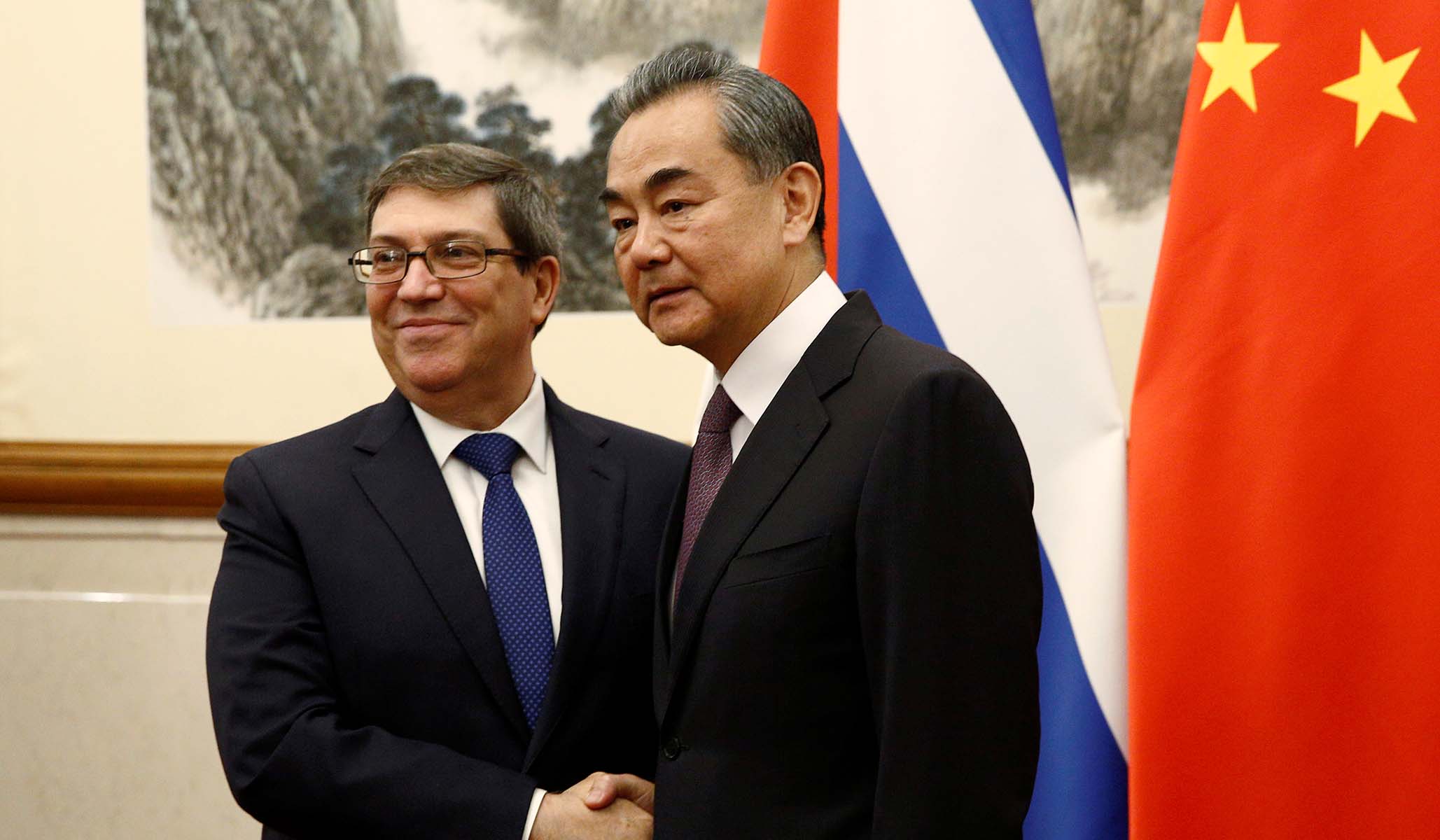Communist Cuba Outraged As Starlink Commits Crime Of Providing Internet

Starlink Accused of Violating U.S. Laws by Cuban Authorities
Cuban officials have launched accusations against SpaceX’s Starlink, claiming the company is facilitating unauthorized internet access in Cuba. In a statement released on Facebook, they labeled the company as a “digital bandit” for smuggling Starlink terminals into the country, thereby undermining the state’s telecommunications monopoly and censorship efforts. The authorities pointed to four specific American laws that they allege are being violated by these actions, ranging from export laws to embargo enforcement.
Legal Implications of Starlink’s Operations in Cuba
The Cuban regulatory body, the Technical Budgeted Unit for Radioelectric Spectrum Control, outlined the specific U.S. regulations that Starlink allegedly infringes upon. These include the Cuban Assets Control Regulations of 1963, the Helms-Burton Act of 1996, the Export Control Reform Act of 2018, and rules set by the International Telecommunication Union. According to Cuban officials, Starlink has neither sought nor received permission from the Cuban government to operate, thereby operating illegally within the nation’s borders.
The statement from the Cuban authorities questions the legality of Starlink’s operations, suggesting that the U.S. is turning a blind eye to these violations. “Starlink arrives in Cuba as a supposed ‘digital lifeline’ — but at what legal cost?” the post queried, highlighting a perceived inconsistency in the enforcement of U.S. laws.
Enforcement Actions and Continued Smuggling
Cuban customs officials, including William Pérez González, deputy chief of the General Customs of Cuba, reported seizing numerous Starlink dishes and routers, some of which were concealed within televisions shipped from Miami. Despite rigorous enforcement efforts, Starlink kits continue to appear on the Cuban black market, fetching prices significantly higher than the average monthly salary in Cuba.
|
The ongoing smuggling and high demand for Starlink services underscore the limitations and inefficiencies of ETECSA, Cuba’s sole telecommunications provider, which is notorious for its slow and costly service.
U.S. Policy and International Regulations
The U.S. Treasury Department has issued general licenses that allow American firms to provide communications services intended to expand internet access in Cuba. However, the specifics of whether Starlink requires additional permissions remain unclear. Neither the Treasury, the State Department, SpaceX, nor the Cuban embassy in Washington have provided comments on the allegations.
The Cuban authorities concluded their statement with a reflection on the broader implications of such operations, questioning the potential for violating international order and setting dangerous precedents. “The internet is a right, sure — but laws exist for a reason,” they emphasized, signaling deep concerns over the extraterritorial reach and impact of such unregulated activities.









No Comments